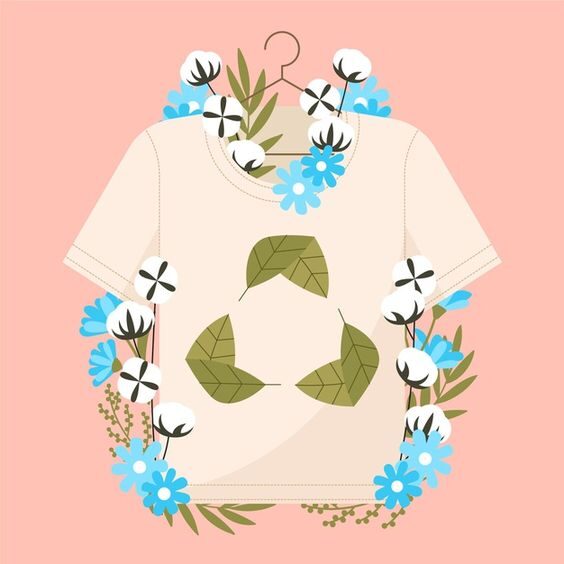A guide to sustainability.

The slow fashion term was introduced by Kate Fletcher in 2007 as an idea to line up against the harmful derivative of industrial production. Many of us heard this noun opposed to the term fast fashion, in other words, the productive and cultural system born from the fashion globalization processes.
Slow fashion encompasses an awareness and approach to a kind of fashion that considers the processes and resources required to make clothing. It advocates for buying sustainable-quality garments that will last longer, and values fair treatment of people, animals, and the planet itself.
Slow fashion and sustainable or ethical fashion have a lot of similarities. They are sister movements and follow the same general guidelines. The main difference, with slow fashion is that it concentrates on reducing consumption and production more specifically.
Pre-Industrial Revolution, garments were locally sourced and produced. People would buy durable clothing that could serve them for a long time or make their own from the textiles and resources accessible to them. Clothing reflected the place and culture of the people wearing them.
Slow fashion tries to take these principles back into life and it asks us to take a step back and decide if we really need something new, or if we can rummage into our closet for some forgotten piece that maybe just needs a small repair.
When it comes to buying new, instead of purchasing six cheap polyester tops that will unravel after one or two wears, for example, conscious consumers invest in higher quality pieces.
Clothes will be made from more sustainable processes and fabrics that celebrate the skills of craftspeople, like one or two organic cotton or linen tops you know will last for years to come.
Another reason to adopt the slow fashion ideal is that it asks us to stop treating our clothes as disposable, and to make an effort to repair, pass along, or responsibly recycle them when they no longer serve us.
Slow fashion has seen increasing support in the last few years as consumers demand higher sustainability and ethical standard, but also thanks to the efforts of millions of activists and environmentalists.
As research shows, 19% of the top fast fashion-related searches are linked to the environment, ethics, and sustainability. As awareness and popularity increases, the planet and all its inhabitants expect benefit from this slower and more considered approach to fashion.
SOURCE: https://goodonyou.eco/
ARTICLE BY: Chiara Longo (author of #PlugInTheWorld)
